WHO counts on the support of over 800 collaborating centres to do its mandated work and implement its programmes. To find out what these WHO collaborating centres are and their area of work with WHO please visit the database. You can also learn more about the WHO collaborating centres here.
Neighbouring Countries




20 - 21 November 2025
16 - 18 October 2024
01 - 01 October 2017
23 - 23 November 2017
04 - 05 December 2019
25 - 27 April 2018
Ground Crossing
Port
Airport
No Data!
N/A
2023
AMR Self Assessment
No Data!
MPC
Multisectoral Preparedness Coordination
No Data!
Joint Risk Assessment (JRA)
Universal Health Coverage
Sustainable Development Goals
SDG Target 3.b
SDG Target 3.c
SDG Target 6.2
Others
Conducted
2024
NAPHS
Published Plans in or before 2009
Influenza Plan
N/A
AMR PLAN
Public Health Emergencies Preparedness
-
 Asian Development Bank (ADB)
Asian Development Bank (ADB) -
 Asian Infrastructure Investment Bank (AIIB)
Asian Infrastructure Investment Bank (AIIB) -
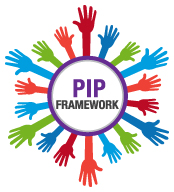 PIP Framework
PIP Framework -
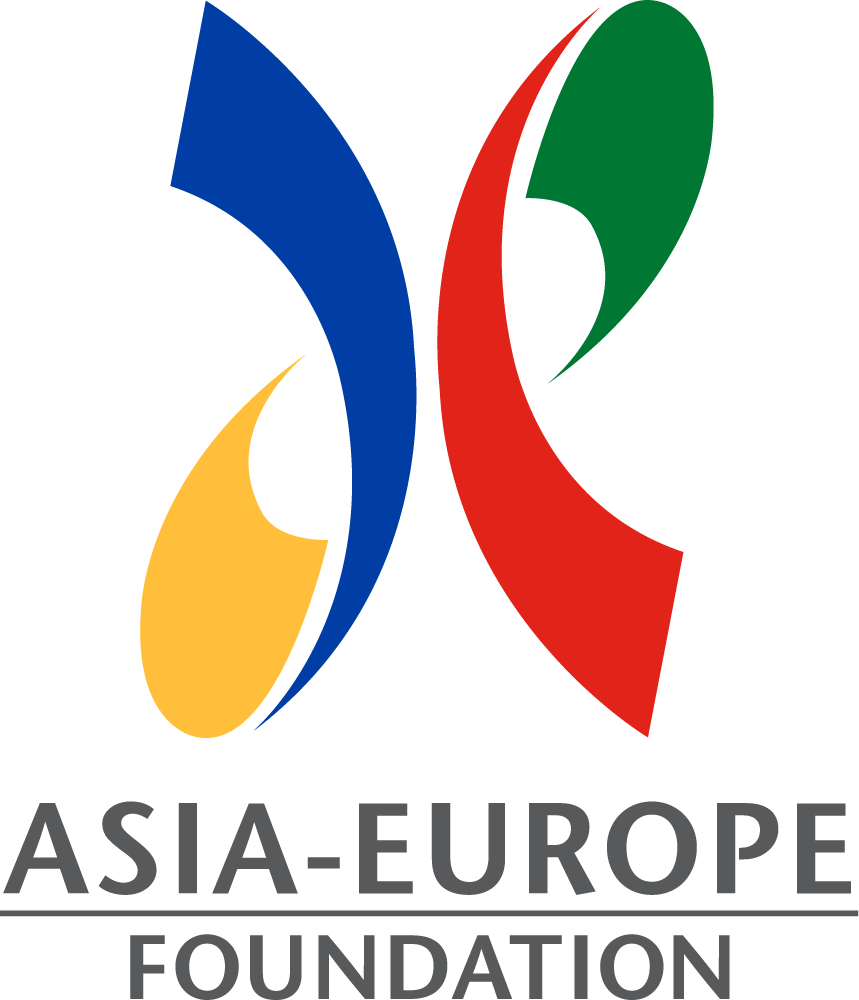 Asia-Europe Foundation (ASEF)
Asia-Europe Foundation (ASEF) -
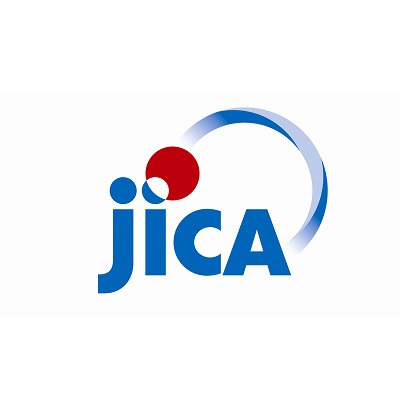 Japan International Cooperation Agency (JICA)
Japan International Cooperation Agency (JICA) -
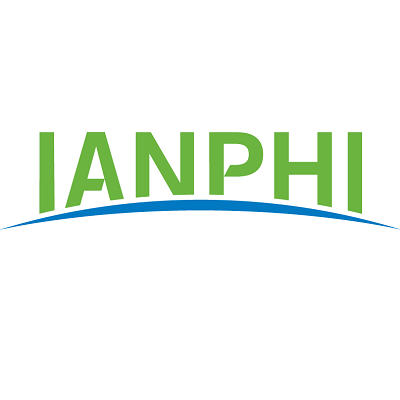 International Association of National Public Health Institutes (IANPHI)
International Association of National Public Health Institutes (IANPHI) -
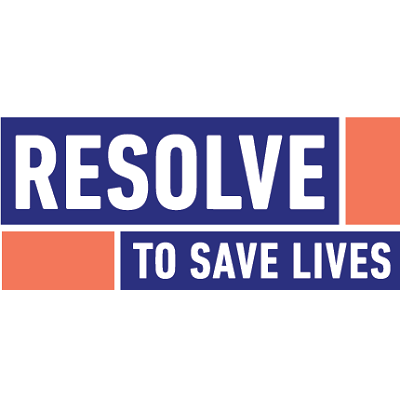 Resolve to Save Lives
Resolve to Save Lives
-
To increase access to eligible COVID-19 vaccines for priority populations in Cambodia.
-
To increase access to eligible COVID-19 vaccines for priority populations in Cambodia.
-
To establish and strengthen influenza surveillance systems, knowledge and capacities for a timely and appropriate response to pandemic influenza
-
To analyse and understand the various plans used for risk communication during the COVID-19 pandemic. Coverage: Asia and Europe
-
Knowledge Co-Creation program (Online Training):This course aims to help the participants implement more effective policies and practices for nosocomial antimicrobial resistance(AMR) and healthcare-associated infection(HCAI) control in their own hospitals.
-
COVID-19 vaccines deployment system and diagnostic capacity as well as monitoring and evaluation system of COVID-19 response are strengthened.
-
Training of laboratory staff from provinces on collecting specimens for Covid 19 testing. Procurement of supplies for COVID-19 including sample collection kits, PPE, consumables, and reagents.
-
To provide 70 cities with technical and financial assistance to respond to COVID-19
-
To analyse and understand the various plans used for risk communication during the COVID-19 pandemic. Coverage: Asia and Europe
- Food Safety
- Biosafety and Biosecurity
- Real-Time Surveillance
- Preparedness
- National Institute of Infectious Diseases (NIID)
- AFENET
- Africa Centres for Disease Control and Prevention (Africa CDC)
- Argentina, National Food Safety and Quality Service (SENASA)
- Asia-Europe Foundation (ASEF)
- Asian Development Bank (ADB)
- Australia
- Australia, Department of Foreign Affairs and Trade (DFAT)
- Austrian Development Agency (ADA)
- BDC
- Bill & Melinda Gates Foundation (BMGF)
- Brazil, Ministry of Agriculture, Livestock, and Supply (MAPA)
- Coalition for Epidemics Preparedness Innovations (CEPI)
- Deutsche Gesellschaft für Internationale Zusammenarbeit (GIZ)
- Ending Pandemics
- EpiAFRIC
- EPPR
- European Union
- FAO Emergency Centre for Transboundary Animal Diseases (ECTAD)
- Fleming Fund
- French Embassy
- Fundación Maris Llorens
- Global Affairs Canada (GAC)
- International Association of National Public Health Institutes (IANPHI)
- International Federation of Biosafety Associations (IFBA)
- International Federation of Red Cross and Red Crescent Societies (IFRC)
- International Regional Organization for Agricultural Health (OIRSA)
- Japan International Cooperation Agency (JICA)
- Japan International Cooperation System (JICS)
- Mekong Basin Disease Surveillance (MBDS)
- National Center for Global Health and Medicine (NCGM)
- Norwegian Institute of Public Health (NIPH)
- PIP Framework
- Resolve to Save Lives
- Swiss Agency for Development and Cooperation (SDC)
- The Service for the National Health for Food Safety and Food Quality (SENASICA)
- U.K, Department for International Development (DFID)
- U.N. Food & Agriculture Organization (FAO)
- U.S. Agency for International Development (USAID)
- U.S. Defense Threat Reduction Agency (DTRA)
- U.S. Department of Agriculture (USDA)
- U.S. Department of Defense (DoD)
- U.S. Department of State (DoS)
- U.S. National Institutes of Health (NIH)
- UK Health Security Agency (UKHSA)
- United Nations Children's Fund (UNICEF)
- United States Centers for Disease Control and Prevention (U.S. CDC)
- World Bank
- World Health Organization (WHO)
- World Organisation for Animal Health (WOAH)
AMR support activities
- Microbiological Expertise
- Laboratory Quality Management
- Antibiotic use, Stewardship, Clinical Guideline Development
- Infection Prevention
- Environmental Health
- Epidemiology/Surveillance
- Technical Support
- Capacity Building
- Knowledge Exchange
- Research